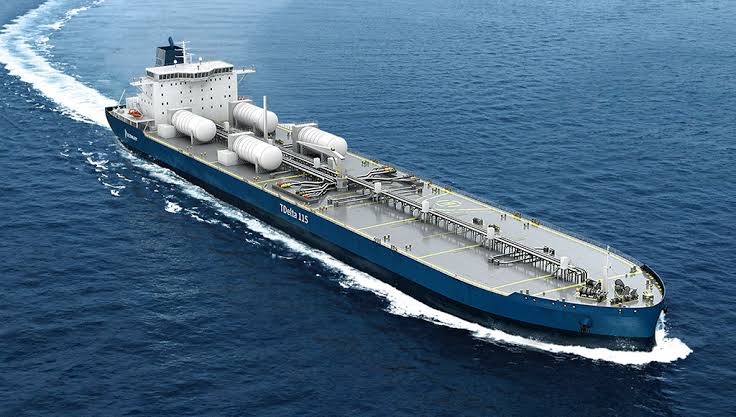An independent marketer has successfully imported the first batch of 27 million liters of petrol into the country, marking the end of the Nigerian National Petroleum Company Limited’s (NNPCL) long-standing downstream market monopoly.
The vessel, ST Nnene, had been delayed due to adverse weather conditions off Lome waters but eventually docked at Ijegun-Egba on Wednesday, shortly after President Bola Tinubu officially ended subsidies on May 29.
The importation was undertaken by Emadeb Energy, with its CEO, Adebowale Olujimi, and financial support from Polaris, First Bank, Union Bank, Access Bank, and Fidelity Bank, costing a total of $17 million (about N13 billion).
However, the country faced challenges due to the recent foreign exchange rate increase from N745 to N845 per dollar and the rising crude oil price, reaching $80 per barrel as of Wednesday.
NNPCL had enjoyed a monopoly in the downstream market for years, being the sole importer of petrol and setting prices. Following the subsidy’s end, petrol prices surged from an average of N180/N200 per liter to N614 per liter as of Tuesday.
Speaking at the ceremony, Adebowale Olujimi stressed that relying on petrol importation was unsustainable. He emphasized the importance of reviving local refineries as the way forward.
Farouk Ahmed, representing the CEO of the Nigerian Midstream and Downstream Petroleum Regulatory Authority, hailed this development as a significant milestone in the deregulation of the downstream sector.
He further clarified that deregulation not only involved market-driven pricing but also allowed for increased competition and more players in the market, which could lead to lower prices over time.
Afolabi Olawale, the General Secretary of the Natural Union of Petroleum and Natural Gas Workers, also supported the idea of revitalizing local refining capabilities.



